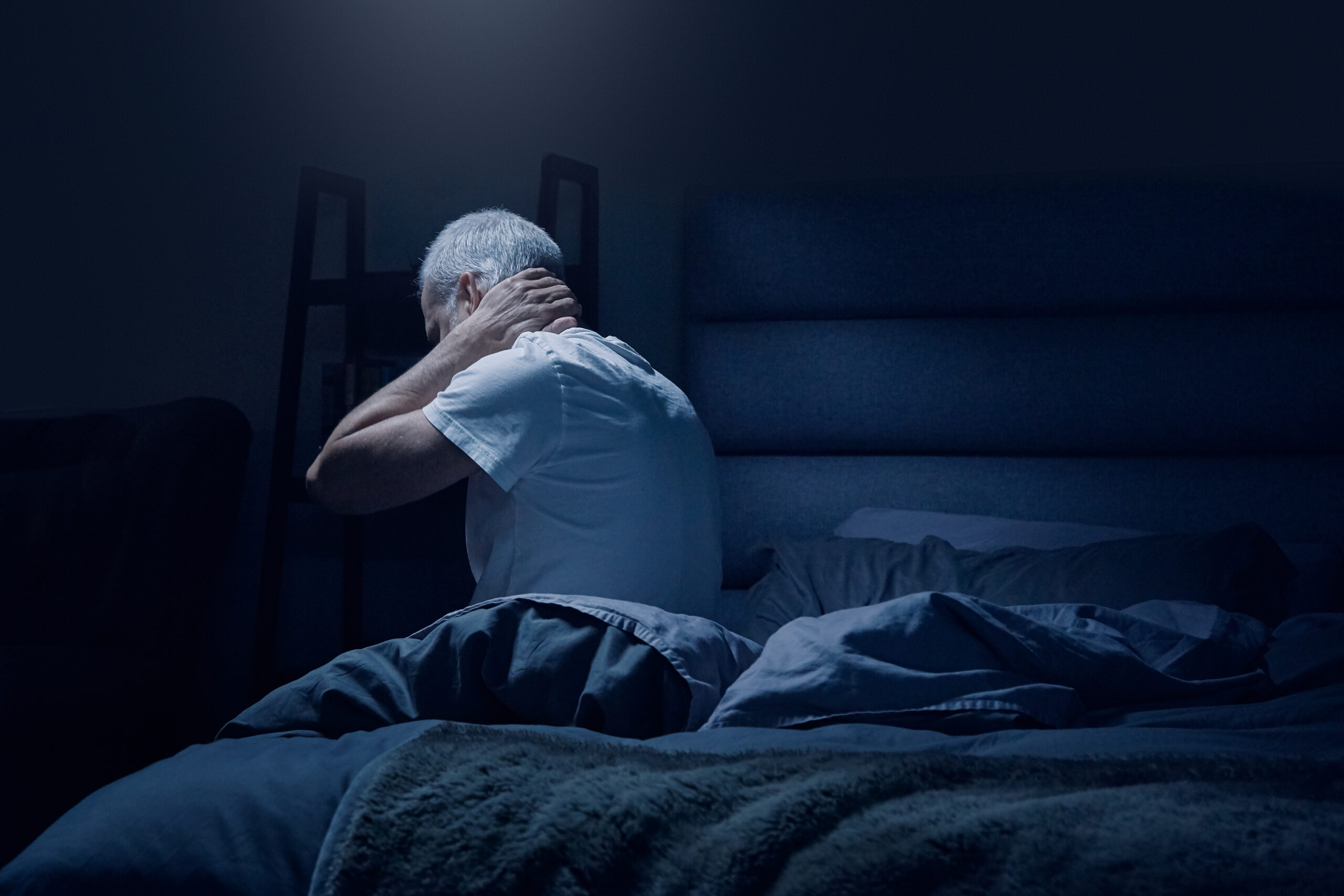 Think back to your high school days. You might have struggled with friends, the burden of school work, and societal pressures. Perhaps you were one of the lucky ones who sailed through from year 7 to 12.
Think back to your high school days. You might have struggled with friends, the burden of school work, and societal pressures. Perhaps you were one of the lucky ones who sailed through from year 7 to 12.
Even if your time at high school was relatively stress-free, there were sure to be some trying moments and situations where you felt overwhelmed. That’s just part of being a teenager!
Unfortunately for some, the stressors of life can result in longer lasting internal distress.
It’s evident in the statistics. One in five Aussies experience mental illness every year, and we often wonder what needs to be done to prevent it. Luckily, our nation’s fantastic researchers are one step ahead.
Just this week the Black Dog Institute announced a new clinical trial testing the effectiveness of mental health apps in preventing adolescent mental illness.
Aiming to recruit 20,000 teenagers, and armed with a hefty $2.18 million in funding from the federal government, the ‘Future Proofing’ trial will test whether or not mental health apps can ‘inoculate’ high school students from developing mental illness, specifically depression, after 12 months.
In the smartphone age, the vast majority of teenagers will have one glued to their hand like a lifeline. Sensor data from their phones, such as GPS, will use what’s known as machine learning analysis to link to hospital and birth records. This then develops reliable signals to detect the onset of depressive symptoms.
After five years, if any teenager participants have been diagnosed with a mental illness, the study will test whether cognitive behavioural therapy-based apps can effectively reduce the symptoms. The impact of these apps on academic performance, physical health, sleep, and drug and alcohol use will also be examined.
Black Dog Institute Director, Professor Helen Christensen, is optimistic about the prospective results from the trial, which is due to start in 2019.
“This study will be unlike any previously undertaken in youth mental health in Australia, both in terms of scale and potential impact.
“From bullying to moment-by-moment interpersonal interactions, our research will examine in incredible detail the factors that contribute to negative mental health outcomes in adolescents,” explained Professor Christensen.
As we all know, prevention is better than cure so we’ll certainly be keeping an eye out for the results of the trial.



